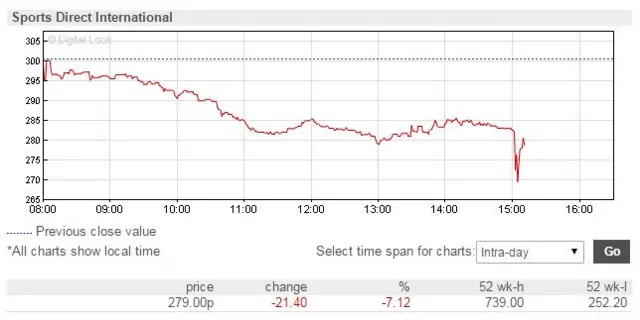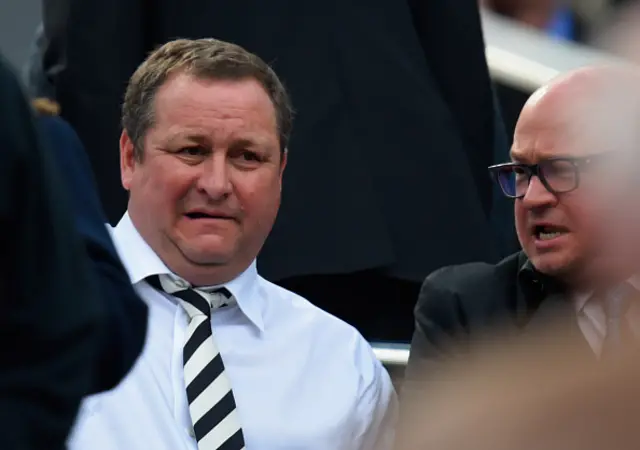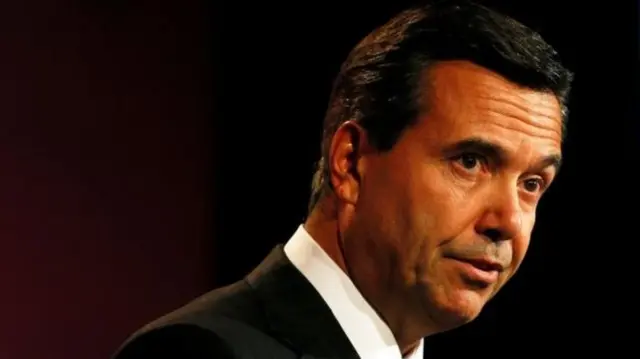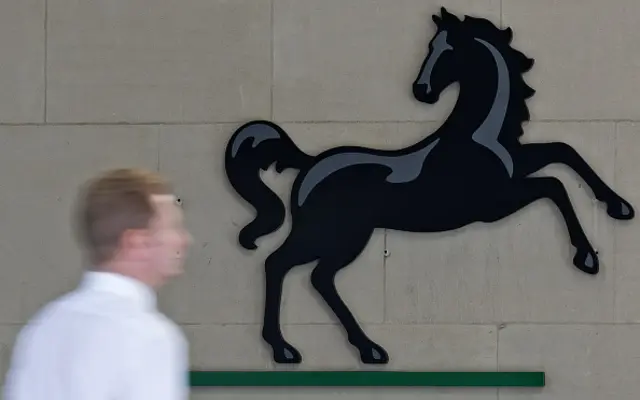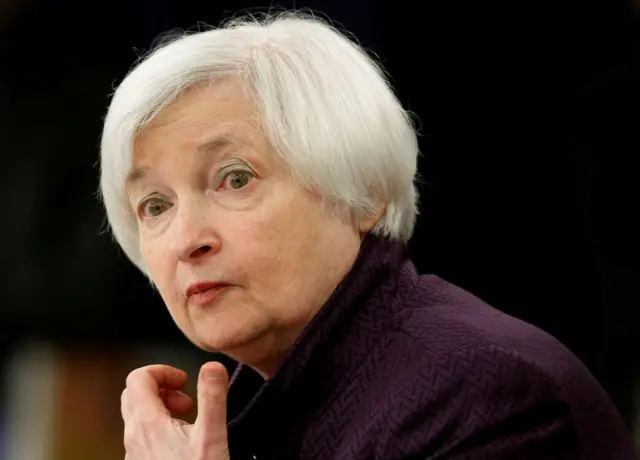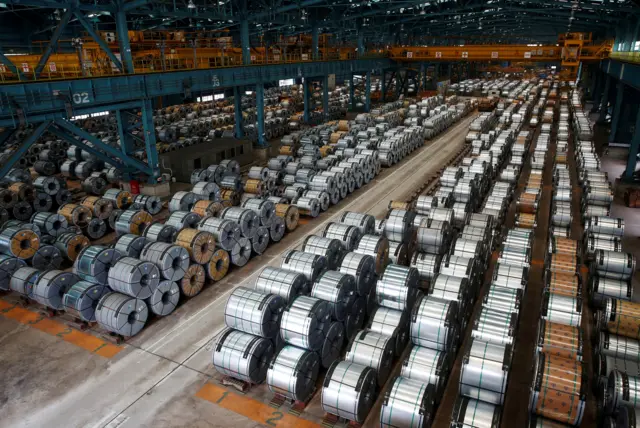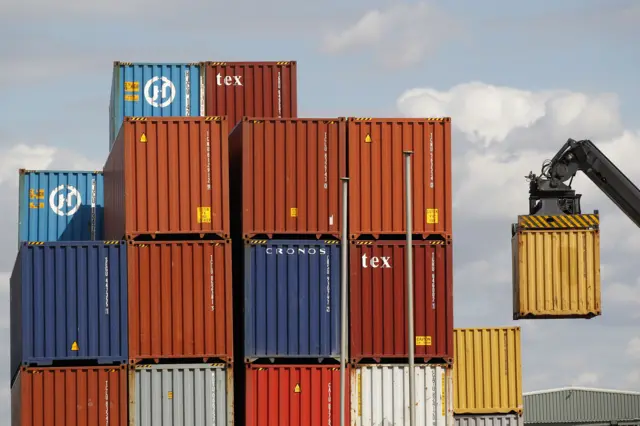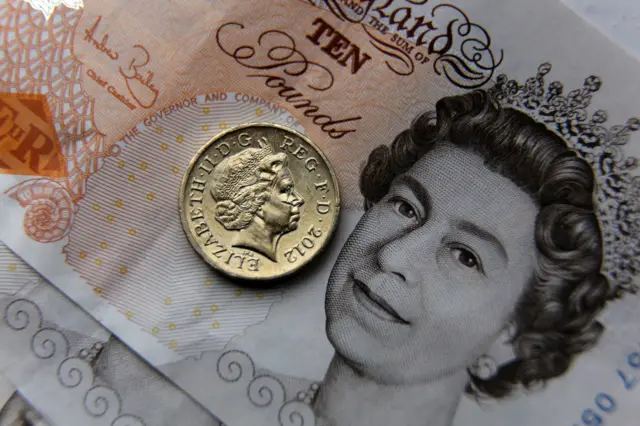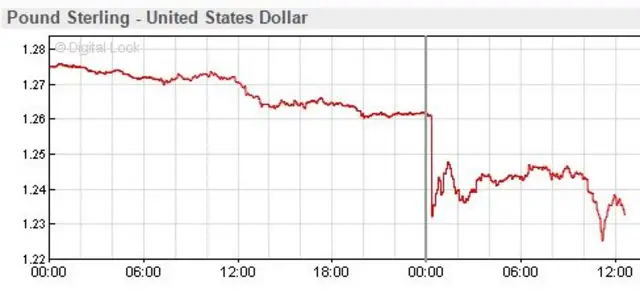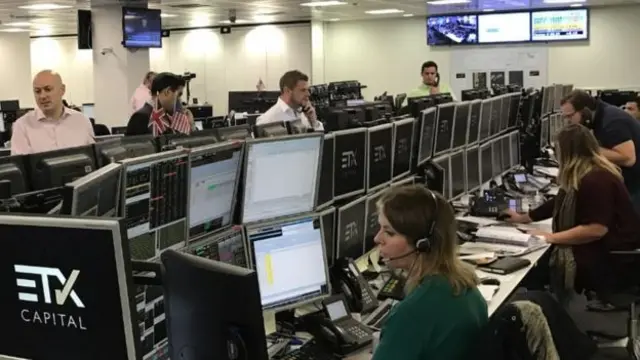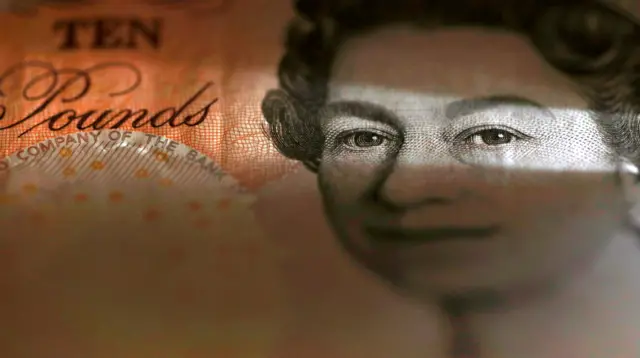Sterling 'worst performing currency in the world this week'published at 15:40 BST 7 October 2016
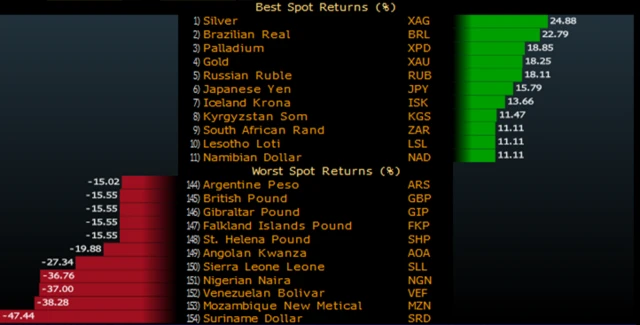 Image source, Bloomberg/Daiwa Capital Markets
Image source, Bloomberg/Daiwa Capital MarketsDaiwa Capital Markets has this to say about the pound's flash crash, external:
"Even before last night’s “flash crash”, which saw it reportedly trade as low as $1.14, sterling was having a torrid week. And while it is currently 10 cents or so above where it traded at the lows overnight, at below $1.24 it is still down 4.5% since last Friday’s close, making it the worst-performing of all currencies in the world over the past week. And, even over a longer time period, sterling now sits among a sorry band of currencies in terms of performance - since the start of the year only the currencies of Angola, Sierra Leone, Nigeria, Venezuela, Mozambique and Suriname have fallen by more."
